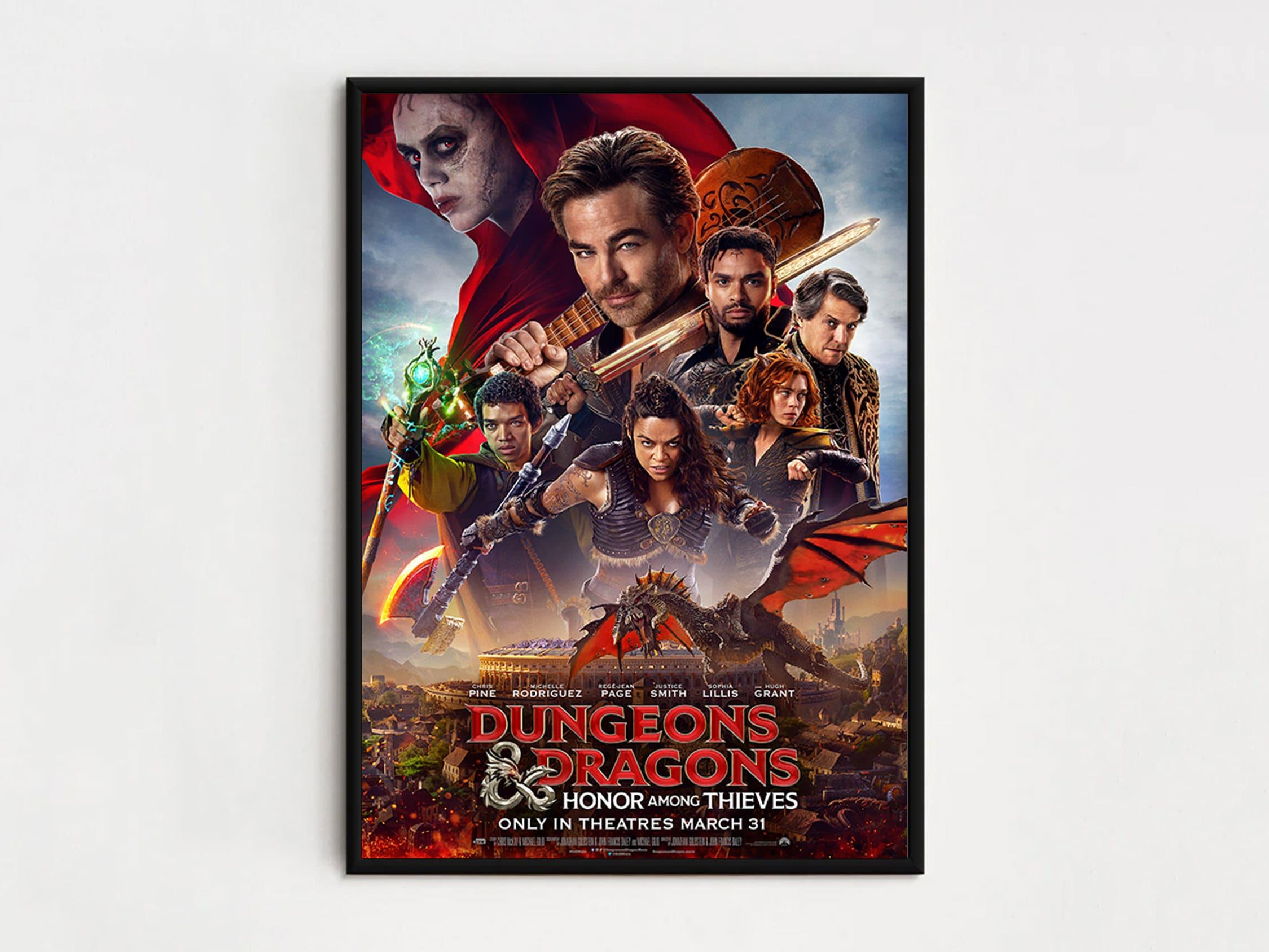Dungeons & Dragons Is a Household Name Again
For many years, Dungeons & Dragons (D&D) was seen as a niche hobby enjoyed by a small group of dedicated fans. But in recent years, this tabletop role-playing game has experienced a resurgence and is now a household name once again. From pop culture references to a surge in sales, Dungeons & Dragons has made its mark on the mainstream.
One of the key factors contributing to the renewed popularity of D&D is the influence of popular media. From hit TV series like “Stranger Things” to blockbuster movies like “The Hobbit” and “Thor: Ragnarok,” the game has been featured prominently in various forms of entertainment. These portrayals have introduced a new generation of players to the game, as well as sparked nostalgia in older fans who are eager to rediscover their love for the game.
Social media has also played a significant role in facilitating the game’s resurgence. Platforms like Twitch and YouTube have provided a place for D&D enthusiasts to livestream their gameplay, creating a sense of community and inviting a broader audience to experience the game vicariously. Additionally, many popular podcasts centered around D&D, such as “The Adventure Zone” and “Critical Role,” have gained massive followings, further expanding the reach of the game.
In recent years, Dungeons & Dragons has seen a substantial increase in sales. According to Hasbro, the parent company of Wizards of the Coast, which publishes the game, sales of D&D products have doubled since 2016. This surge in sales is proof that the game is no longer limited to a niche audience. More and more people are eager to dive into the immersive world of fantasy and adventure that D&D offers.
Another factor contributing to the game’s resurgence is its adaptability. Dungeons & Dragons has evolved with the times, embracing inclusivity and diversifying its offerings. The game has introduced diverse characters, settings, and storylines, allowing players to create unique narratives that reflect their interests and backgrounds. This inclusivity has encouraged a wider audience to engage with the game and has made it more accessible to people from all walks of life.
Additionally, advancements in technology have made playing Dungeons & Dragons more accessible than ever before. While traditional tabletop gaming is still popular, there has been a rise in virtual tabletop platforms, such as Roll20 and Fantasy Grounds, which allow players to connect and play remotely. This shift to online platforms has made it easier for people to find groups to play with, eliminating the barriers of location and availability.
The resurgence of Dungeons & Dragons has had a significant impact on the gaming industry as a whole. Many other tabletop role-playing games have gained popularity in the wake of D&D’s resurgence, creating a thriving market for these types of games. This renewed interest in the genre has also led to the development of numerous video games inspired by tabletop RPGs, further expanding the reach of the genre.
In conclusion, Dungeons & Dragons is experiencing a new golden age. With its increased presence in popular media, thriving online communities, rising sales, and commitment to inclusivity, the game has firmly cemented itself as a household name once again. As its reach continues to expand, it’s clear that D&D’s influence on pop culture and the gaming industry is here to stay. Whether you’re a seasoned player or a complete novice, there has never been a better time to explore the world of Dungeons & Dragons.
Hey Subscribe to our newsletter for more articles like this directly to your email.
